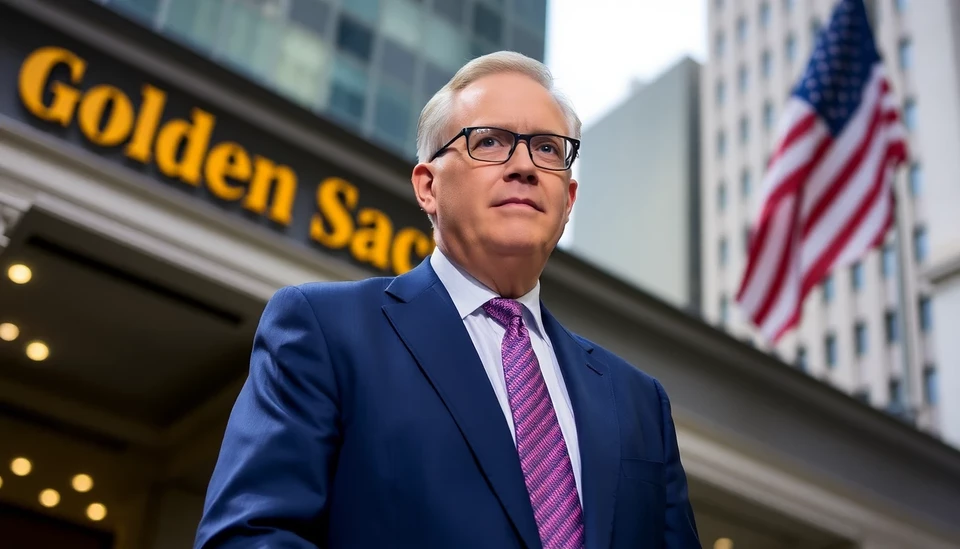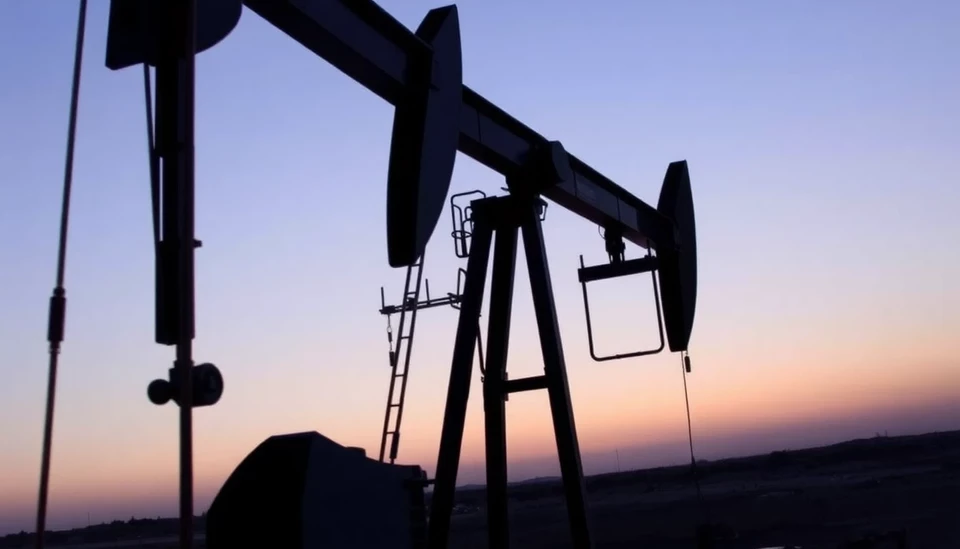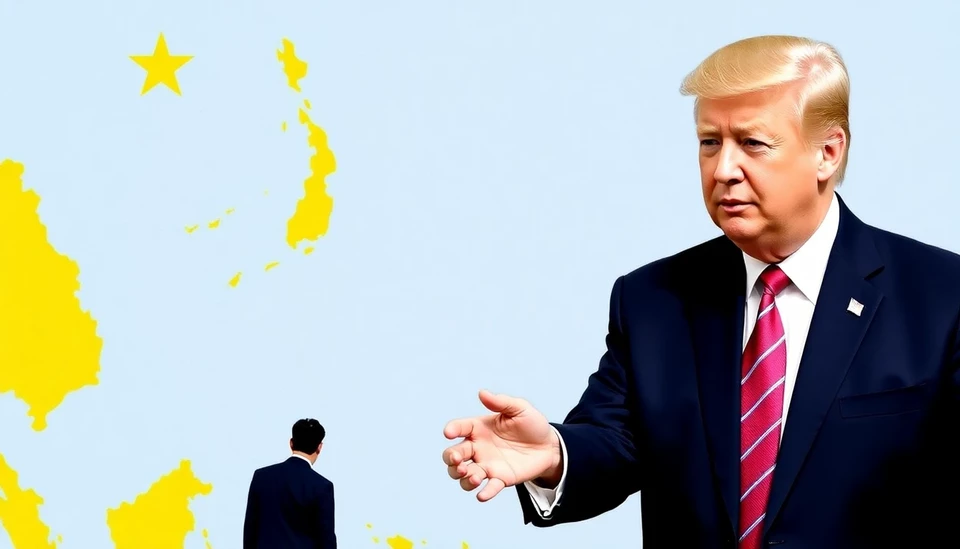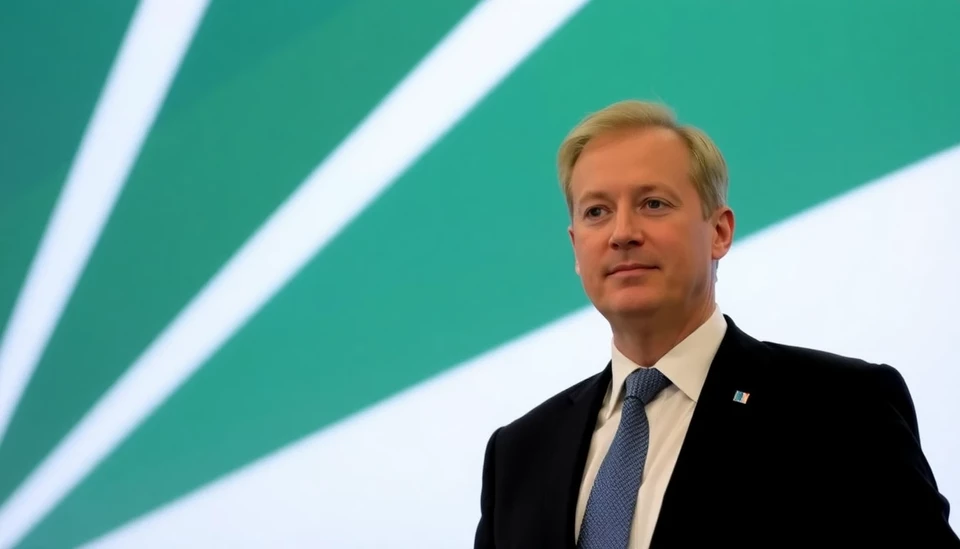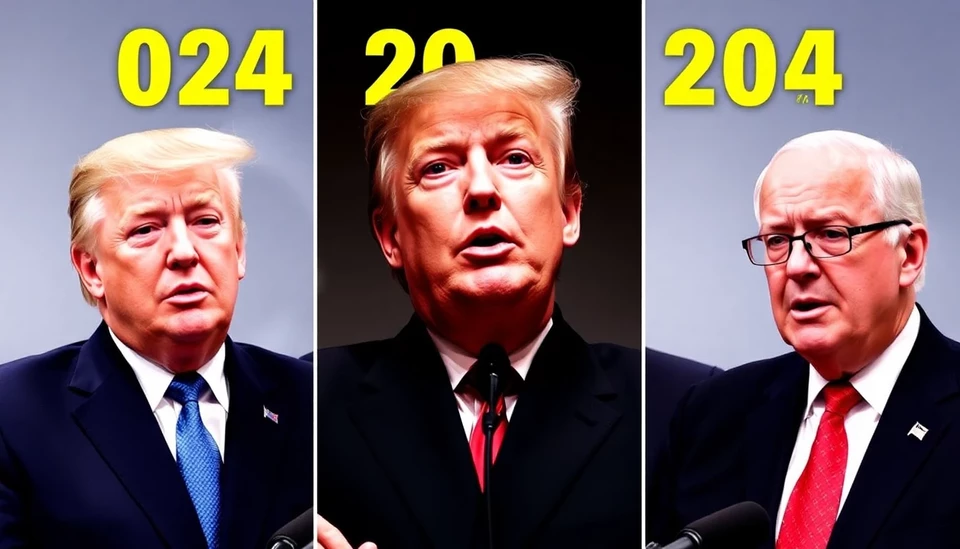
As the world grapples with rising economic instability, senior international economic officials convened in Washington, D.C., for critical discussions amid concerns over a potential "Trump 2.0" scenario. This term has emerged to describe the mounting anxieties regarding a possible return of former President Donald Trump to the White House, a development that many fear could disrupt the global economic landscape.
The meeting, attended by prominent figures from various nations, was structured to address pressing issues that could be exacerbated should the GOP candidate reclaim office. The prospect of Trump's re-election is not merely a domestic concern but resonates profoundly on a global scale, eliciting widespread apprehension about the implications for trade, monetary policy, and international alliances.
Participants expressed particular anxiety over trade relations and international tariffs that were central to Trump’s initial term. The conversation highlighted a potential shift toward protectionism that could be resurrected, threatening the stability of global markets already weakened by inflationary pressures and geopolitical tensions. Economic leaders underscored the importance of maintaining open trade channels to foster growth and cooperation among nations.
In addition, the discussions delved into the impact on monetary policies, with leaders recognizing that Trump's unconventional approaches may lead to heightened volatility in financial markets. The fear is that a return to such policies could unsettle established frameworks, challenging central banks managing inflation and interest rates amidst ongoing economic challenges.
Moreover, participants noted the importance of addressing climate change, a point where cooperation has historically crossed partisan lines. However, with Trump’s past ambivalence towards environmental regulations, officials are wary that an administration under his leadership could slow progress in sustainability efforts that are crucial to long-term economic stability.
Furthermore, the gathering also focused on the potential diplomatic ramifications of a Trump presidency, specifically concerning U.S. relations with traditional allies. Analysts believe that the unpredictability of Trump's foreign policy could lead to rifts that may embolden adversaries and destabilize existing global alliances.
As the meeting concluded, attendees acknowledged the challenges ahead and the need for continued dialogue and collaboration among nations. The specter of a "Trump 2.0" was a reiteration of the fact that economic leaders must remain vigilant and prepared for a future that could pivot on the outcome of the upcoming elections.
With the 2024 presidential election on the horizon, the potential ramifications of Trump's political resurgence continue to be a focal point for decision-makers around the world, stirring debates over how best to safeguard the fragile global economic order in uncertain times.
#Trump2024 #GlobalEconomy #EconomicLeadership #TradeRelations #MonetaryPolicy #ClimateChange #Diplomacy #Inflation #GeopoliticalTensions
Author: Laura Mitchell
